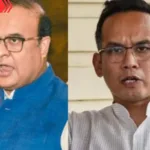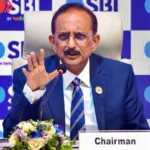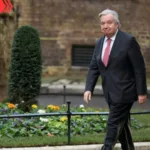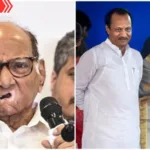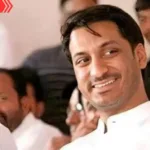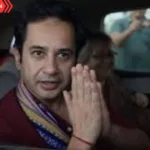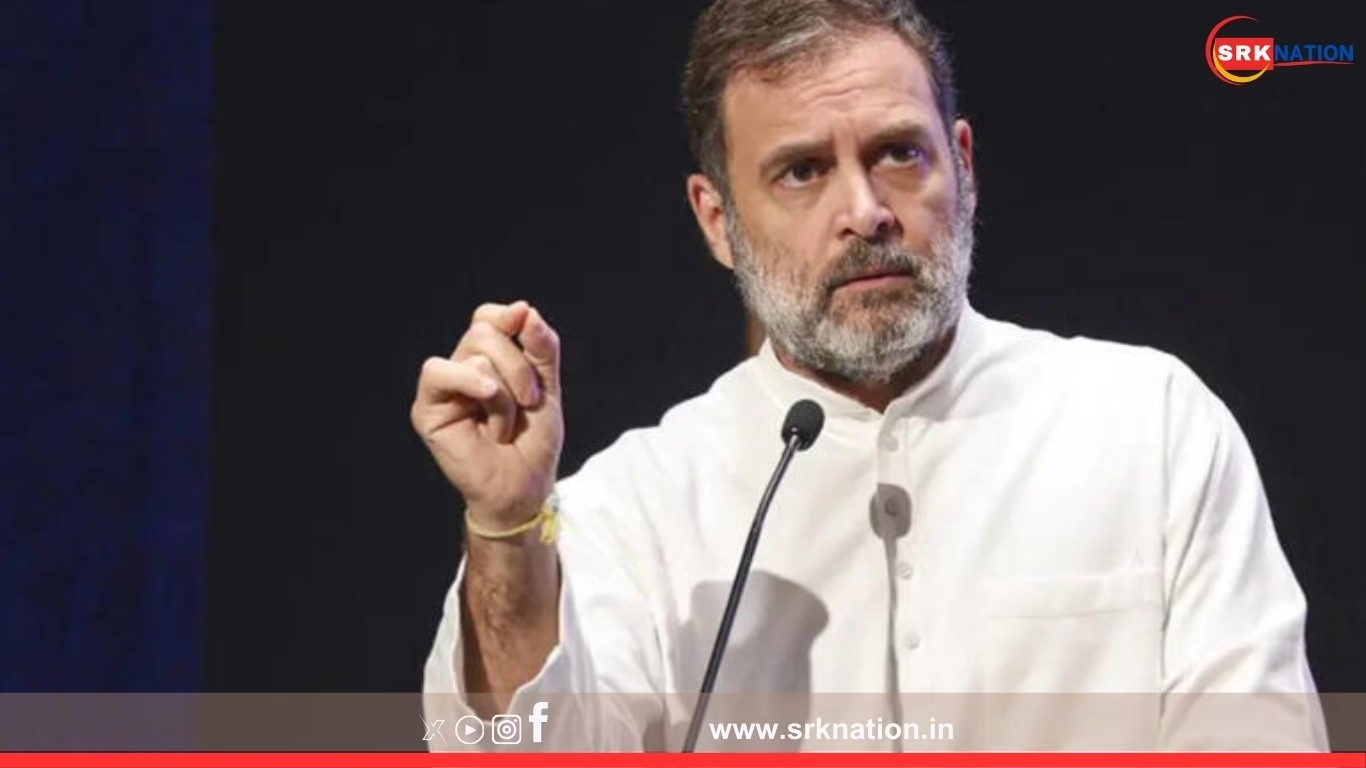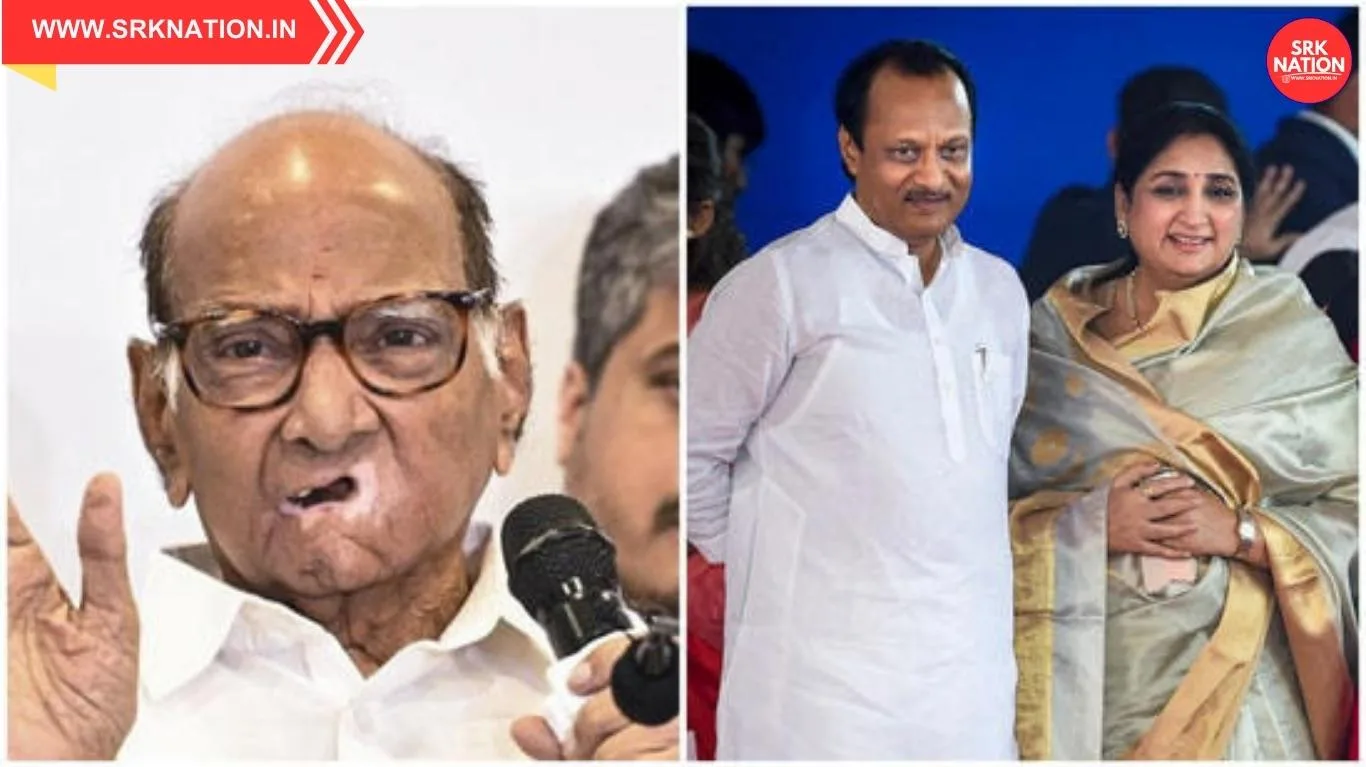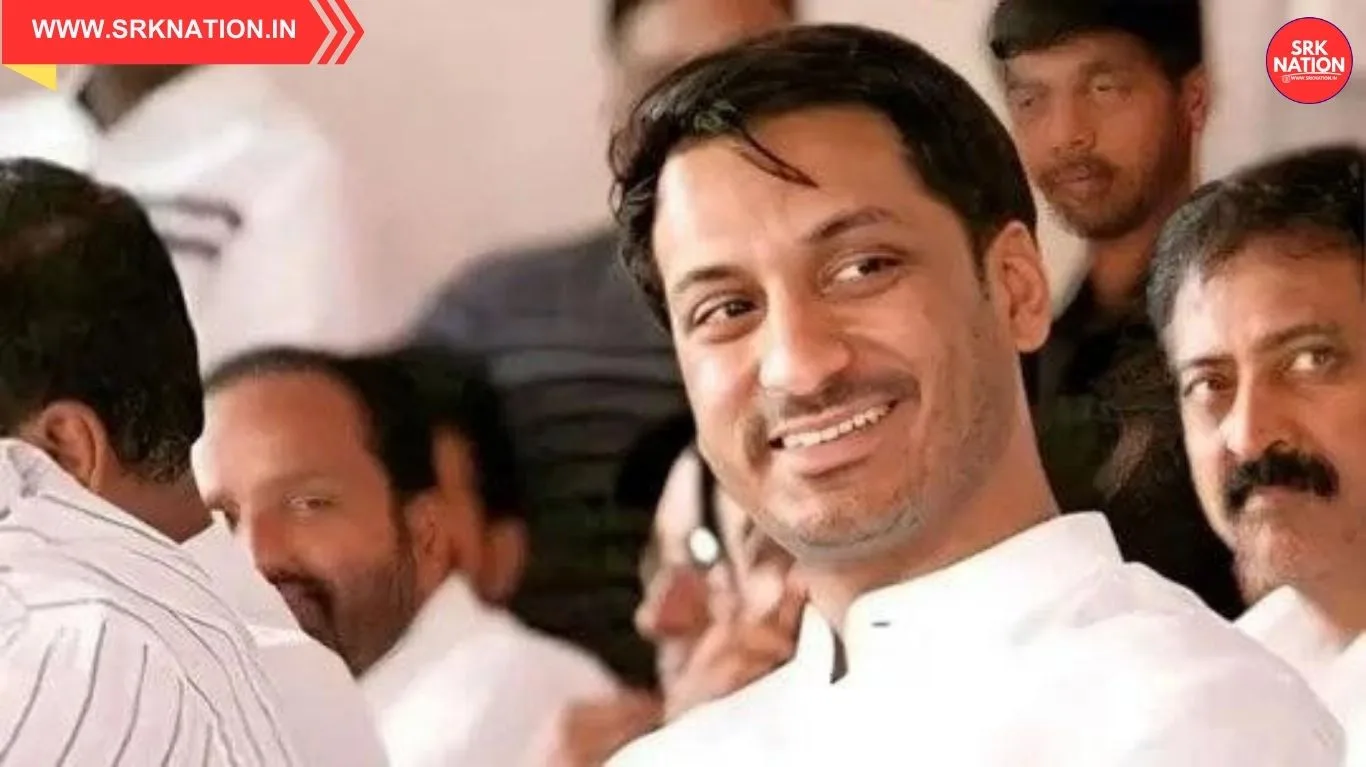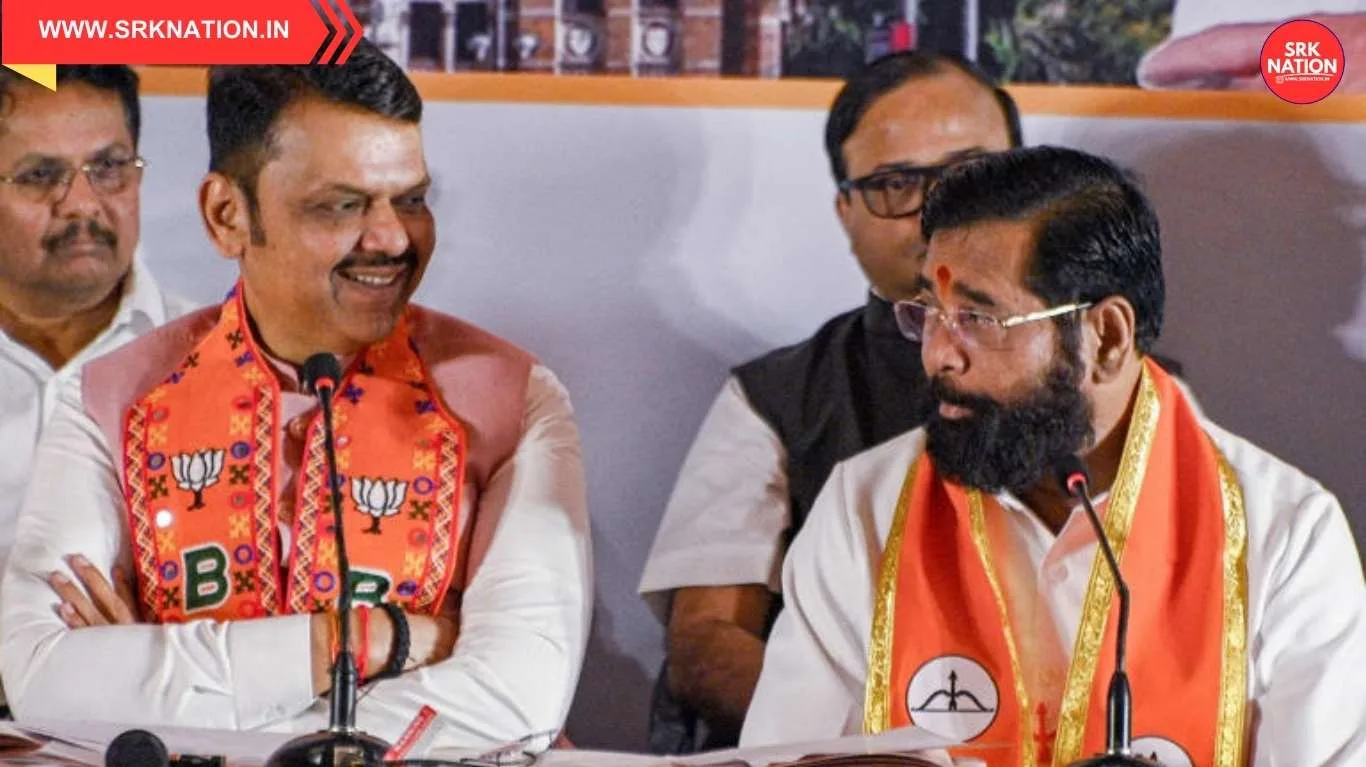The Bharatiya Janata Party (BJP) has launched a sharp attack on Congress leader Rahul Gandhi, accusing him of displaying “anti-democratic tendencies” after his absence from the swearing-in ceremony of Vice President CP Radhakrishnan. The event, attended by top leaders, constitutional authorities, and dignitaries, was hailed as a moment of national significance. However, Rahul Gandhi’s no-show has triggered a fresh political storm, with the BJP branding his absence as an “insult to democracy” and an affront to constitutional values.
BJP’s Sharp Criticism of Rahul Gandhi
Senior BJP leaders wasted no time in criticizing Rahul Gandhi for skipping the oath-taking ceremony of Vice President CP Radhakrishnan. Party spokespersons argued that such an event transcends partisan lines, representing the sanctity of India’s democratic institutions.
“This is not about politics; it’s about respect for democracy. By deliberately staying away, Rahul Gandhi has once again shown his disregard for constitutional offices and traditions,” said a BJP leader in Delhi.
Another BJP official described the act as “anti-democracy,” stressing that the Congress leader’s absence symbolized his inability to rise above party politics.
Congress Responds
The Congress party, meanwhile, downplayed the controversy, stating that Rahul Gandhi had prior commitments. A senior Congress functionary argued that the BJP was attempting to politicize a non-issue.
“Rahul Gandhi respects democratic traditions, but the BJP is creating unnecessary noise. The Vice President’s office deserves respect, and it certainly has that from our party,” the Congress leader said.
Nonetheless, political observers point out that such events are closely watched, and absences by key leaders often spark speculation about deeper political rifts.
CP Radhakrishnan’s Swearing-In Ceremony
CP Radhakrishnan, a veteran BJP leader and former parliamentarian, took oath as the Vice President in a solemn ceremony that saw the presence of President, Prime Minister, Union Ministers, state leaders, and members from across the political spectrum.
The ceremony highlighted bipartisan participation, yet the conspicuous absence of Rahul Gandhi drew attention. Political analysts believe that this incident may further intensify the BJP-Congress rivalry, especially with the upcoming electoral battles.
BJP’s Narrative: Rahul Gandhi vs Democratic Traditions
BJP leaders have framed Rahul Gandhi’s absence as a larger question of commitment to democracy. They recalled past instances where Rahul allegedly undermined constitutional propriety, citing his walkouts from Parliament and critical remarks about Indian institutions.
The BJP narrative suggests that this pattern of behavior reflects not only Rahul Gandhi’s personal stance but also Congress’s waning respect for democratic frameworks.
Expert Analysis on Political Implications
Experts argue that while attendance at constitutional ceremonies may appear symbolic, it carries political weight. For the ruling party, such events provide an opportunity to project unity and respect for institutions. For the opposition, presence reflects acknowledgment of democratic norms, regardless of political differences.
“Skipping these events can be perceived as political immaturity or deliberate protest. Either way, it creates room for opponents to attack,” noted a political analyst.
Broader Political Context
The BJP’s aggressive stance against Rahul Gandhi comes at a time when both parties are gearing up for upcoming state elections and the 2026 general elections. By portraying Rahul as “anti-democracy,” the BJP seeks to consolidate its narrative of being the custodian of democratic traditions.
Meanwhile, the Congress is struggling to counter such attacks while also focusing on building alliances with regional players. Rahul Gandhi’s absence, critics say, only fuels BJP’s portrayal of him as “irresponsible.”
Comparison of Attendance by Political Leaders at Key National Events
| Event | Year | Attended by BJP Leaders | Attended by Congress Leaders | Notable Absences |
|---|---|---|---|---|
| Swearing-in of VP Venkaiah Naidu | 2017 | PM Modi, Cabinet Ministers | Sonia Gandhi, Rahul Gandhi | None |
| Republic Day Parade | 2021 | Entire BJP leadership | Congress leaders present | Few regional absences |
| Swearing-in of President Droupadi Murmu | 2022 | BJP and allies | Sonia Gandhi present, Rahul Gandhi absent | Rahul Gandhi |
| Swearing-in of VP CP Radhakrishnan | 2025 | PM, Ministers, allies | Select Congress leaders | Rahul Gandhi |
This comparative table underscores how absences are often magnified, especially when involving top opposition leaders.
Public Reaction and Media Coverage
Social media platforms erupted with debates over Rahul Gandhi’s absence. BJP supporters amplified hashtags calling him “anti-democracy,” while Congress loyalists defended his decision, pointing to his consistent criticism of BJP’s handling of democratic institutions.
News channels also gave wide coverage, with heated debates on whether such absences were personal choices or disrespectful gestures towards constitutional offices.
Long-Term Impact on Political Discourse
Rahul Gandhi’s absence may become another tool in BJP’s arsenal during election campaigns. It could be projected as symbolic of Congress’s “disconnect” from democratic traditions.
At the same time, Congress strategists may attempt to turn the spotlight back on BJP’s alleged democratic lapses, including accusations of weakening institutions, passing critical bills without debate, and handling of opposition leaders in Parliament.
The political tug-of-war over symbolism and constitutional respect is expected to intensify in the coming months.
Conclusion
The controversy surrounding Rahul Gandhi’s absence from CP Radhakrishnan’s swearing-in ceremony underlines the highly polarized nature of Indian politics. While the Congress views it as an overblown issue, the BJP has seized the moment to reinforce its narrative of Rahul Gandhi’s “anti-democratic” tendencies.
As both parties continue to spar, the larger question remains: how do symbolic acts like attending or skipping such ceremonies influence public perception of a leader’s democratic credibility? With elections approaching, the answer could play a crucial role in shaping political discourse in the country.
Disclaimer
This article is based on political statements, public events, and media coverage. It is intended for informational purposes only and does not endorse or criticize any political party, leader, or ideology. Readers are encouraged to follow official announcements and verified updates for the most accurate information.

